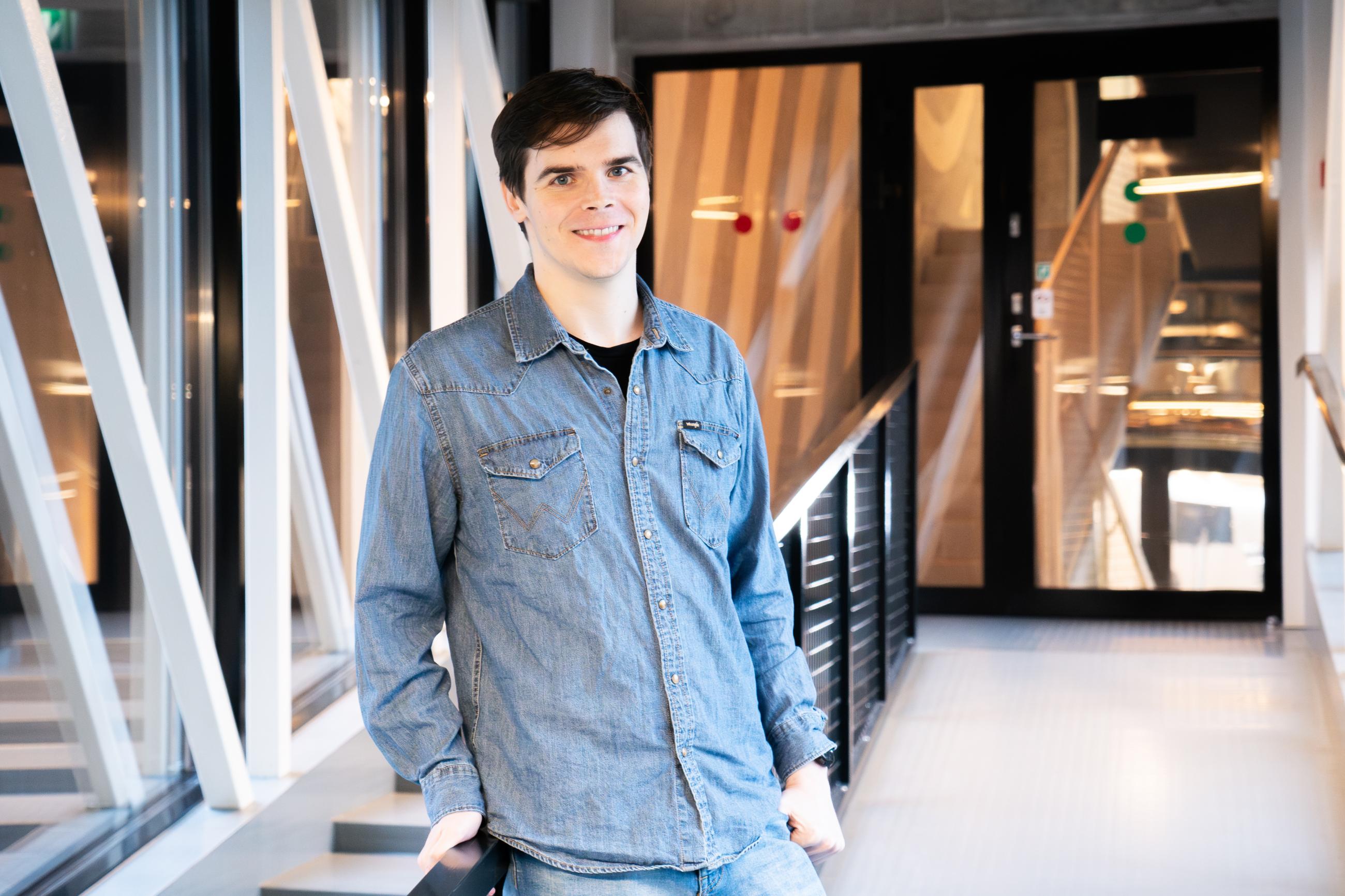Timothy Anderson: "My research aims to broaden the understanding of ‘Estonianness'"
Timothy Anderson, who defended his doctoral dissertation at Tallinn University School of Humanities, studied refugee camps in Estonia and how refugees navigate Estonian legal systems. Lookin back at his studies, he values most the support of thesis supervisors and strong relationships with research participants.

What was the tipping point in choosing to pursue a PhD?
My decision to pursue a PhD came after a few years of working outside academia. I found myself frustrated with typical office work, and I missed the dynamism and constant exposure to new debates and ideas that I enjoyed as a university student. Moreover, I wanted to push myself academically - to prove to myself that I could do sustained, independent research and achieve a higher qualification.
Why was it important to further study the topics you focus on in your thesis?
My interest in borders and migration studies stem from my formative years in El Paso, Texas, at the US-Mexico border. For my PhD, it was the European 'refugee crisis' of the mid-2010s that pushed me to pursue a longer-term project on these themes. The scale of human movement and the contentious political debates surrounding the ‘crisis’ demanded further scrutiny. Estonia, with its unique history and geopolitical position, offered a fascinating, relatively under-studied context to investigate refugee experiences.
The dominant narratives around refugees, both in political discourse and academic literature, often reduce them to abstract, dehumanized figures. I felt it was crucial to challenge these narratives, highlighting the agency, resilience, and political consciousness of asylum-seekers. By providing an ethnographic examination of the everyday lives of refugees in Estonia, I wanted to show how they navigate complex systems, negotiate their conditions, and build meaningful social lives in precarious circumstances. My research aims to broaden the understanding of ‘Estonianness' and show how the political claims of refugees can contribute to a more inclusive vision of national identity.
What strategies did you use to consistently work on your doctoral thesis and successfully reach completion?
This PhD project was a rollercoaster, and there were many points where I felt overwhelmed or uncertain about the direction of my research. Several strategies proved invaluable in helping me maintain focus and reach completion. First, the support of my supervisors, Prof. Carlo Cubero and Prof. Klāvs Sedlenieks, was crucial. Their guidance, encouragement, and unwavering belief in my ability to contribute to anthropology kept me motivated. Second, building strong relationships with my research participants was essential. Their stories and perspectives inspired me and gave my work a sense of purpose. Third, I developed a writing routine, dedicating specific blocks of time each week to writing and revising (often with a word count target). While I was not always consistent in this routine, having clear guidelines and goals helped me manage the challenge of carrying out such a long-term, independent project. Finally, the love and support of my family and partner kept me grounded and provided much-needed emotional support during challenging periods.
Can you share a memorable or funny instance that occurred while writing your thesis?
I have many fond memories of spending long nights writing at the Depeche Mode Bar. It was an unusual - yet surprisingly effective - space for drafting and inspiration. The bar’s dim lighting, dark synthpop playlist, and surreal music videos created an environment that somehow complemented the weighty themes of my research. There were also the spontaneous, sometimes bizarre conversations with strangers drawn to the same late-night retreat. The bar became a comforting constant, imbuing my working hours with a sense of irreverence and camaraderie in what can otherwise be a very isolating journey.
Based on your field of research, what does "intelligent lifestyle" mean for you?
Based on my research, an "intelligent lifestyle" necessitates recognizing and embracing the complexities and contradictions of the world around us. It means acknowledging that we are all, to some extent, ‘thrown’ into a world we did not choose, yet we still have the capacity to shape our circumstances and find meaning in our experiences. An intelligent lifestyle involves engaging critically with social structures and challenging dominant narratives, particularly those that dehumanize or marginalize others. It means finding creative ways to navigate uncertainty, building strong social networks, and advocating for change. Finally, an intelligent lifestyle requires a commitment to lifelong learning, a willingness to question our assumptions, and an open mind towards different perspectives. My research participants, through their resourcefulness and resilience in the face of adversity, provide compelling examples of what an 'intelligent lifestyle' can look like in practice.